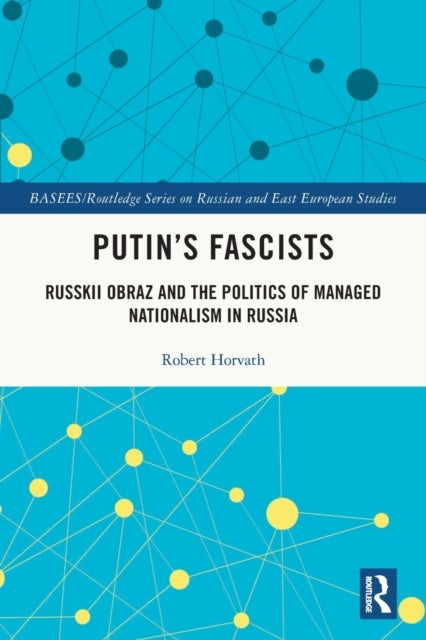
Putin's Fascists av Robert (La Trobe University Australia) Horvath
399,-
<P>The Putin regime and its propagandists have long claimed to be fighting the heirs of Nazi Germany. From its crackdown on domestic dissent to its aggression on the international stage, the Kremlin has regularly smeared its adversaries as fascists and fascist collaborators. Russia''s invasion of Ukraine, which Putin claimed would achieve its ''denazification'', brought this propaganda to a new level of intensity. </P><P></P><P>This book shines a spotlight on the disturbing reality behind Putin''s anti-fascist posturing. It shows how his regime mobilised neo-nazis as proxies during Russia''s descent into authoritarianism. Using court records and extensive media and internet sources, it analyses the relationship between the Kremlin and Russkii Obraz, a neo-nazi organization that became a major force on Russia''s radical nationalist scene in 2008-10. It shows how Russkii Obraz¿s rise was boosted by the regime¿s policy of ¿managed nationalism,¿ which mobilised radical nationalist proxies








